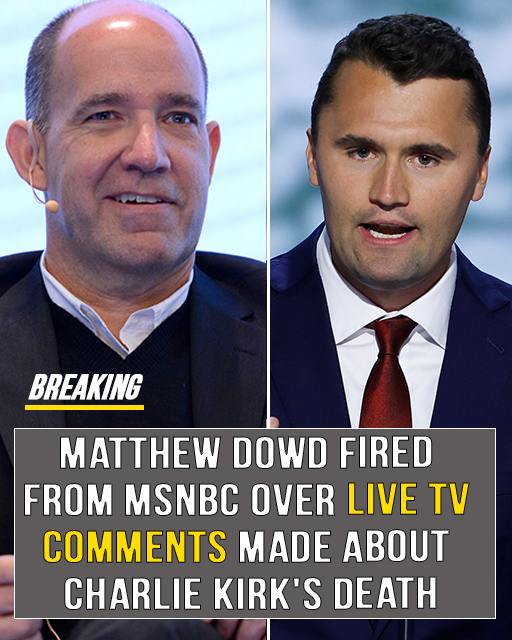Dowd’s Apology
After being dismissed, Matthew Dowd took to social media platform Bluesky to issue a public apology.
“I apologize for my tone and words,” he wrote. “Let me be clear, I in no way intended for my comments to blame Kirk for this horrendous attack. Let us all come together and condemn violence of any kind.”
His words did little to quiet critics, but they did highlight an important question: in a divided America, how should commentators balance free expression with compassion during times of tragedy?
The Larger Debate: Media Responsibility in Times of Crisis
For older Americans who have seen television news evolve from the era of Walter Cronkite to today’s 24-hour opinion-driven cycle, the debate over media responsibility is nothing new. Yet this latest controversy brings it into sharper focus.
When tragedy strikes, the public often looks to television for clarity, comfort, and respectful coverage. What happens when commentary overshadows compassion? And what responsibility do networks have to ensure that moments of grief are handled with dignity?
In the past, broadcasters were often remembered for rising to the occasion — their calm voices guiding the nation through moments of sorrow. Today, the lines between reporting and commentary are blurrier than ever. Dowd’s dismissal may serve as a reminder that words spoken in haste can echo louder than intended.
Charlie Kirk’s Enduring Legacy
While controversy swirls around media coverage, it should not overshadow the life and work of Charlie Kirk. For his supporters, he was a tireless advocate for conservative values, unafraid to challenge prevailing narratives and speak directly to younger Americans.
His influence will live on through Turning Point USA, which continues to shape political conversations on college campuses and beyond. His family, friends, and allies — including the Trump family — have vowed to keep his vision alive.
For seniors reflecting on this moment, it’s a reminder of the fragility of life and the importance of carrying forward the values we hold dear, regardless of political affiliation.
A Moment for Reflection
The firing of Matthew Dowd has sparked debates about freedom of speech, media accountability, and the balance between honest commentary and compassion. Yet behind the controversy lies the undeniable reality: a young man with a powerful voice is gone, and a family is grieving.
In times like these, Americans of every generation are reminded of the need for unity. Whether we agreed with Charlie Kirk’s politics or not, his passing is a loss that should be met with respect. And whether we agree with Matthew Dowd’s comments or not, the conversation about how we handle tragedy in the media is one worth having.
The story of Charlie Kirk’s death and the fallout at MSNBC is more than just a headline. It is a mirror reflecting the challenges of modern America: the deep divisions in our politics, the pressures on our media, and the human need for compassion in moments of loss.
For seniors who have lived through decades of triumphs and tragedies, the lesson is clear: when tragedy strikes, our first duty is to honor life. Debate and disagreement will always have their place, but respect for the grieving must come first.
Charlie Kirk’s legacy will endure, and perhaps this controversy will remind the nation of the power of words — to heal, or to hurt — in the moments that matter most.
